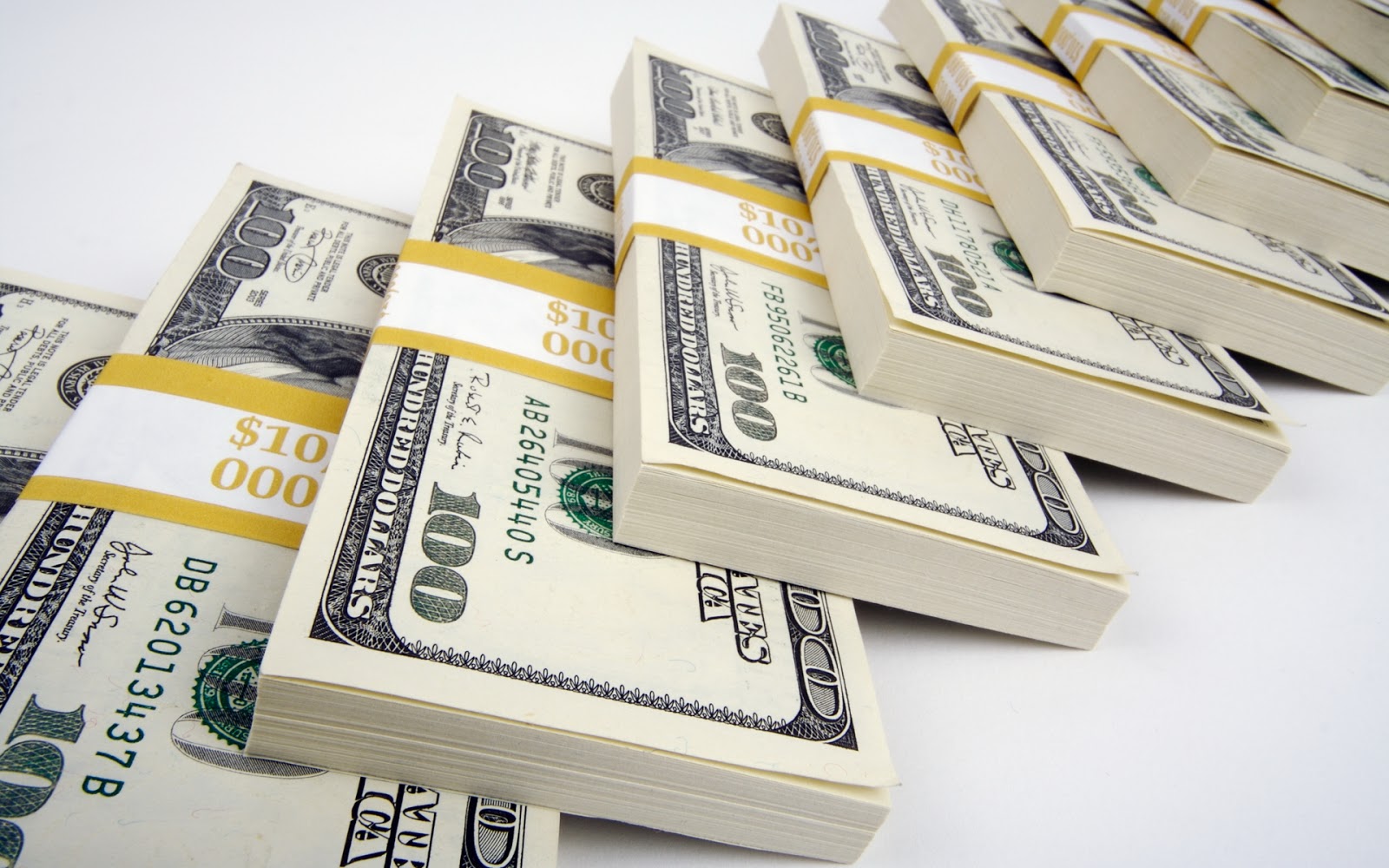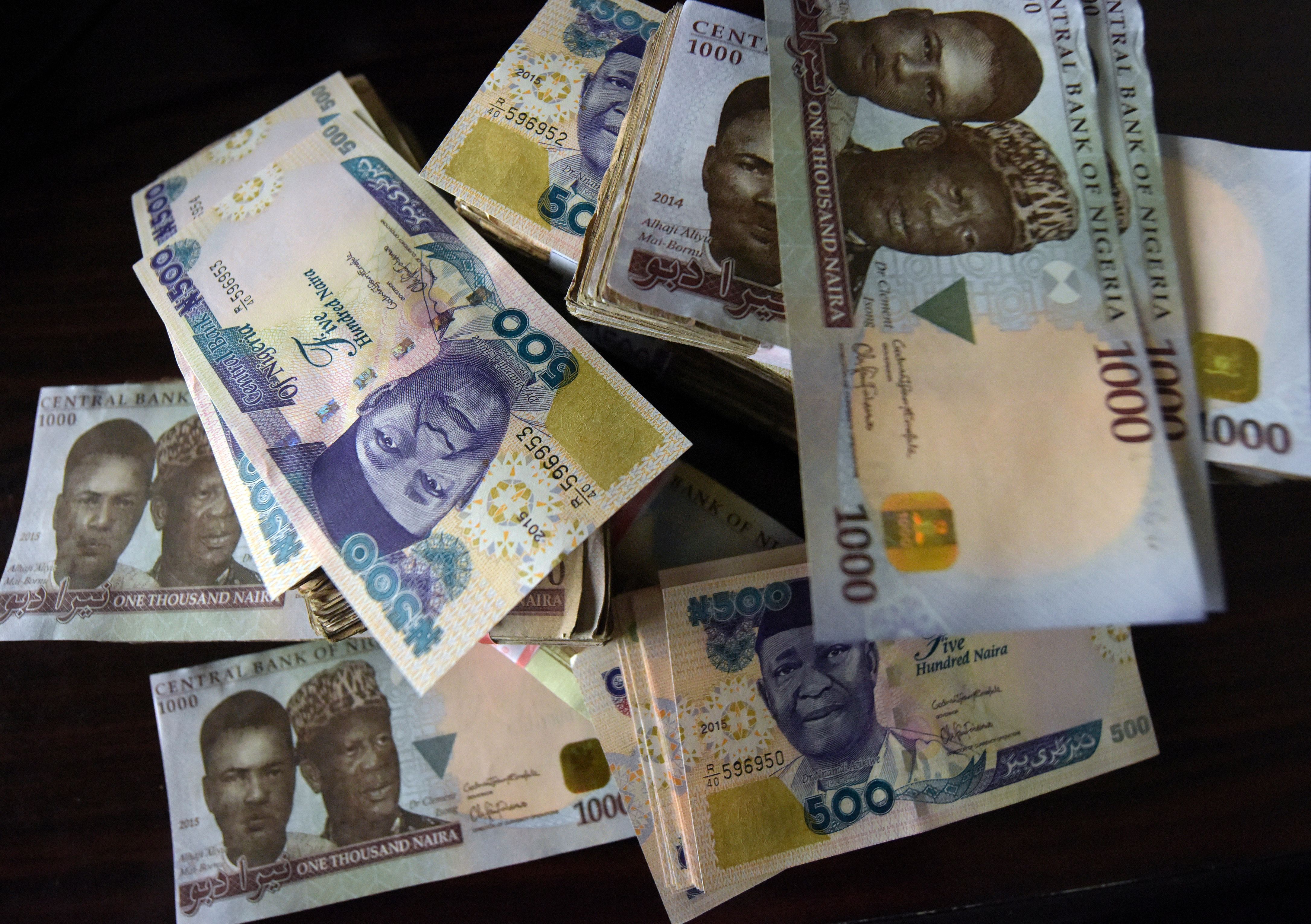When the global oil price crashed in 2014, Nigeria was one of the hardest-hit economies due to its over-dependence on oil as a revenue source. Nigeria’s economy was also affected by China’s economic slowdown, as well as the United States’ rate hike. In order to save the economy from a total collapse, the Central Bank of Nigeria (CBN) put stringent monetary policies in place, which saw investors pulling out of the country.
However, from all indications, the country’s economic situation is changing as the CBN, which once showed that its decisions were not independent of the federal government, seems to have taken a new turn. The country is no longer in recession and there seems to be a growth in investor’s confidence in the country.
Below is the Ventures Africa Weekly Economic Index, for the week ending 24th of November 2017. This economic index gives you a glimpse into the recent activities in Nigeria’s economy as well as changes that could affect the economy:
Did the price of crude oil change?
The OPEC weekly basket price revealed that between 20th and 24th of November 2017, the price of crude oil increased from $60.33 per barrel to $61.64 per barrel.
This rise was as a result of the cut in supply from one of the largest crude pipelines from Canada to the United States, falling U.S. crude inventories, as well as expectations of a prolonged OPEC-led production cut. Currently, oil prices are at a two year high.
How low is the external reserve?
Data from the website of the Central Bank of Nigeria reveals that as of 23rd of November 2017, Nigeria’s external reserve increased by $134,731,993 to $34,491,200,036 from $34,356,468,043 recorded on 16th of November 2017.
According to the Central Bank of Nigeria, Nigeria’s external reserve have risen to the highest in 30 months due to increased investors confidence in the economy.
What was the outcome of the two days CBN’s Monetary Policy Committee meeting?
In a two-day meeting, which took place on the 20th and 21st of November 2017 at the Central Bank of Nigeria Head office in Abuja, the Monetary Policy Committee agreed to retain the monetary policy rate (MPR) at 14.0 percent as well as the Cash Reserve Ratio (CRR) at 22.5 percent. The Liquidity Ratio was also left at 30.0 percent. The MPR is the rate which sets the lending rate for banks and businesses, the CRR specifies the minimum fraction of customers’ total deposits commercial banks could hold as reserves either in cash or deposits with the CBN, and the liquidity ratio sets the limits for banks repayment of short-term creditors out of their total cash.
How did the Naira fare?
During the week under review, the Naira depreciated against the dollar at the parallel market as it was sold at 364 Naira/$ on Friday 24th November 2017 from 361 Naira/$ recorded on Friday 17th November 2017.
In a bid to sustain its intervention and boost liquidity in the foreign exchange market, on Friday the Central Bank of Nigeria (CBN) injected $ $287.89 million into the interbank foreign exchange market.
According to the Acting Director, Corporate Communications of CBN, Isaac Okorafor, the bank had been offering forex to the market to meet requests from genuine bank customers. The releases were also aimed at boosting liquidity and trade as well as for ease of remittances for legitimate personal commitments.
Is Nigeria’s Economic situation getting better?
On Monday, 20th of May 2017, the National Bureau of Statistics (NBS) released the third quarter (Q3) GDP figure for 2017. According to the report, Nigeria’s economy grew by 1.40 percent compared to 0.71 percent in Q2 2017 (revised from 0.55 percent due to the revision of oil GDP to 3.53 percent) and -2.24 percent in Q2 2016. This represents the best performance since 2015 Q4 figure of 2.11 percent.
The Nigerian Stock Market
According to the recent data released by the Nigerian Stock Exchange (NSE), as of 24th of November 2017, the market closed trading on a positive note as the all share index increased by 1.80 percent from the previous week ending 17th of November 2017. Market capitalization at the close of trading was N13.009 trillion, which is a 1.84 percent increase from N12.774 trillion recorded the previous week. The All Share Index for the week under review closed at 37,365.91. This increase indicates rising investor confidencein the country.
Top five price Gainers and Decliners in the week under review:
Top five price Gainers
- Dangote Sugar
- Linkage Assurance Plc
- International Breweries Plc.
- E.M Insurance Co (Nig) Plc.
- Unilever Nigeria Plc.
Top five price Decliners
- Forte Oil Plc.
- Glaxo Smithkline
- C & I Leasing Plc.
- Uacn Property Development Co. Limited
- Nigerian Brew. Plc
Dividends announced so far
Tracking companies that have announced their dividends are very important for the country as it affects the share price of the company. This also enables people to know if they are eligible to collect the dividend, when it will be approved and when it will be paid. So far the following companies who have announced their full-year reports are:
- Greif Nigeria Plc
- United Capital
- Nigerian Breweries
- Transcorp Hotels Plc
- Africa Prudential
- Zenith Bank
- Dangote Cement
- Nestle Nigeria Plc
- Access Bank
- Guaranty Trust Bank
- Total Nigeria Plc
- Lafarge Africa Plc
- Custodian and Allied Plc
- MRS Oil Nigeria Plc
- United Bank for Africa Plc
- GlaxoSmithKline Consumer Nig. Plc
- Unilever Nigeria Plc
- FCMB Group Plc
- Dangote Sugar Refinery Plc
- Stanbic IBTC Holdings Plc
- Pharma-Deko Plc
- UACN Plc
- AIICO Insurance Plc
- Chemical and Allied Products Plc
- Trans-Nationwide Express Plc
- AXA Mansard Insurance Plc
- Mobil Oil Nigeria Plc
- Beta Glass Plc
- Infinity Trust Mortgage Bank Plc
- Okomu Oil Palm Company Plc
- NASCON Allied Industries Plc
- Gases Plc
- Learn Africa Plc
- NEM Insurance Plc
- Nigerian Aviation Handling Company Plc
- Med-View Airline
- Fidelity Bank
- Okomu oil
- Regency Alliance
- Presco Plc
- Consolidated Hallmark Insurance Plc
- Nestle Nigeria Plc
- Aluminium Extrusion Industries Plc
- Berger Paints Plc.,
- FBN Holdings Plc.
- NPF Microfinance Bank
- Newrest ASL Nig
- UAC of Nigeria Plc
- Chemical and Allied Products Plc
- Continental Reinsurance Plc
- Ashaka Cement
- Smart Products Nigeria Plc
- Lasaco Assurance Plc
- Eterna Plc
- The Initiates Plc
- Vetiva Griffin 30 ETF
- Fidson Healthcare Plc
- eTransanct
- Conoil
- UPDC Real Estate Investment Trust
- Redstar Express
- University Press
- Honeywell Flour Mills
- Tripple Gee and Company
- Flour Mills Nigeria
- Stanbic IBTC ETF 30
- Stanbic IBTC Pension ETF 40
- Redstar Express Plc
- Vitafoam Plc
- Rak Unity Petroleum Plc
- Skye Shelter Fund
- Flour Mills of Nigeria Plc
- Custodian And Allied Insurance Plc
- Dangote Sugar Refinery Plc
- McNichols Consolidated Plc
- UnityKapital Assurance
- Guiness Nigeria
- PZ Cussons Nigeria Plc
- Nigerian Enamelware Plc
- Cutix Plc















